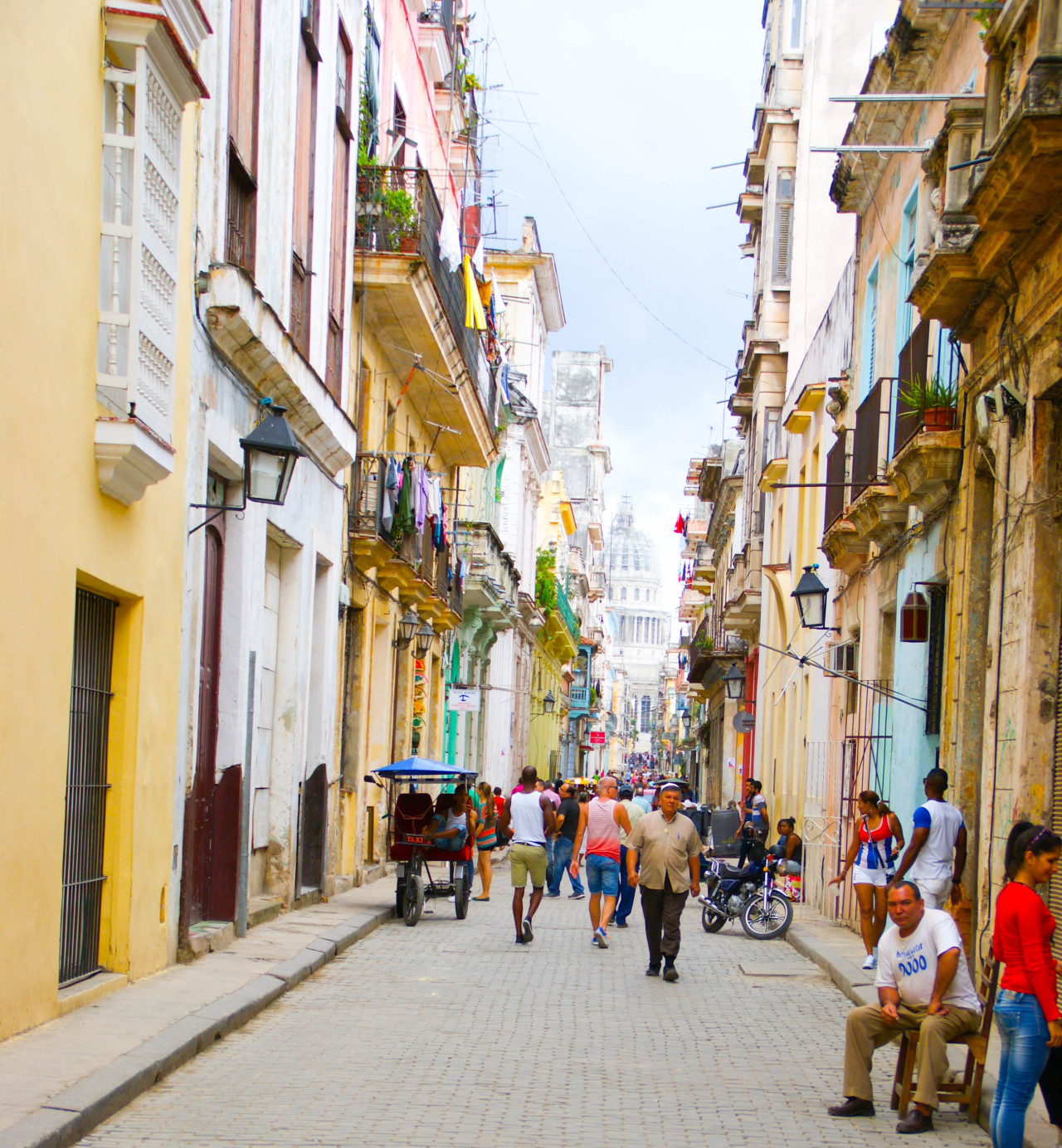
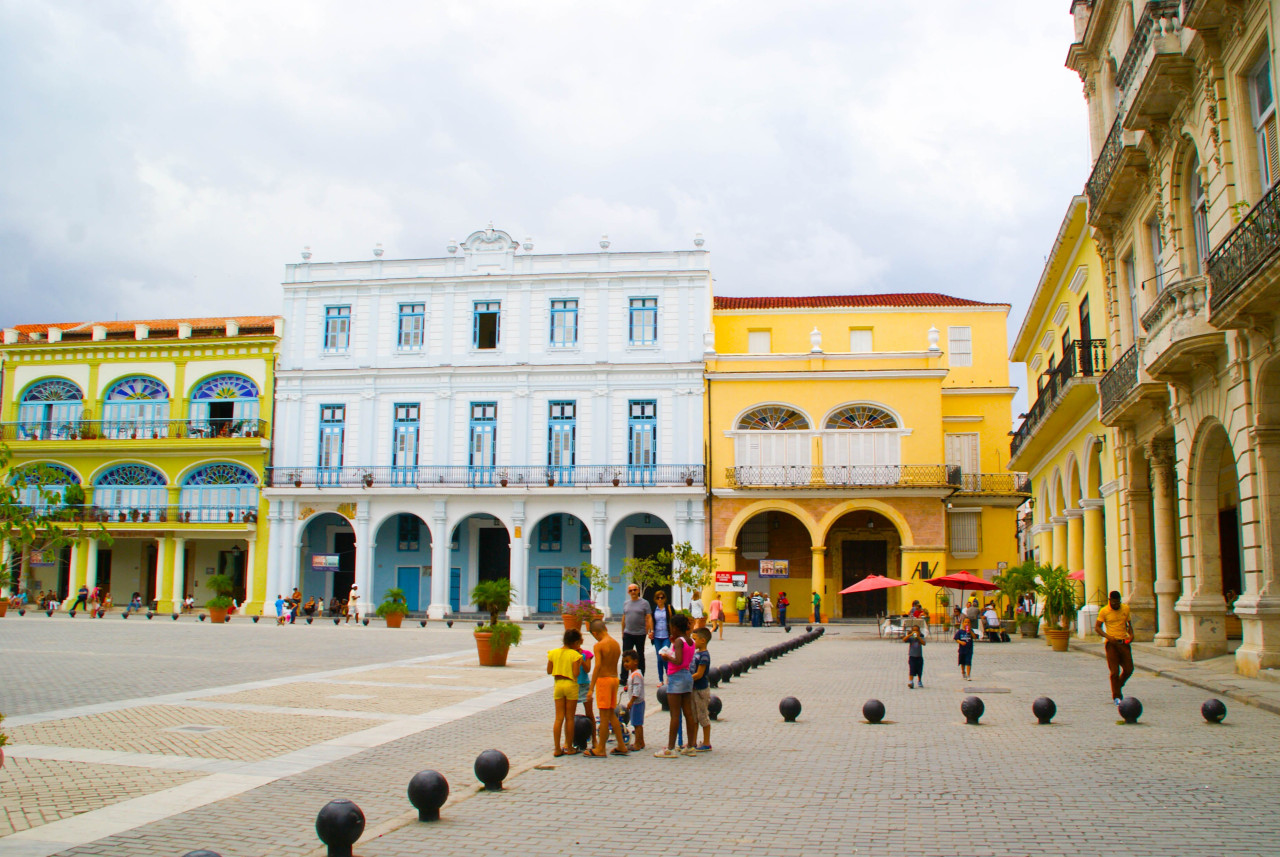
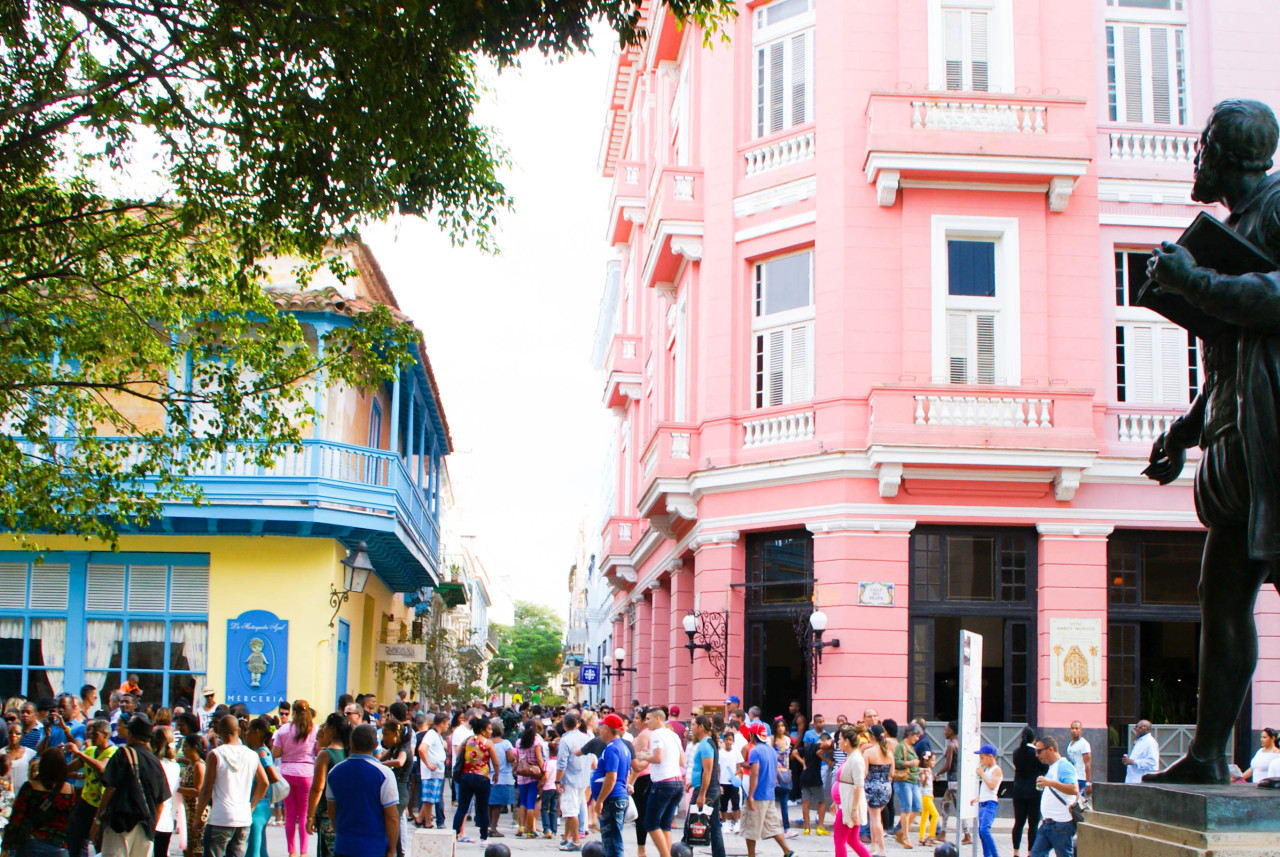
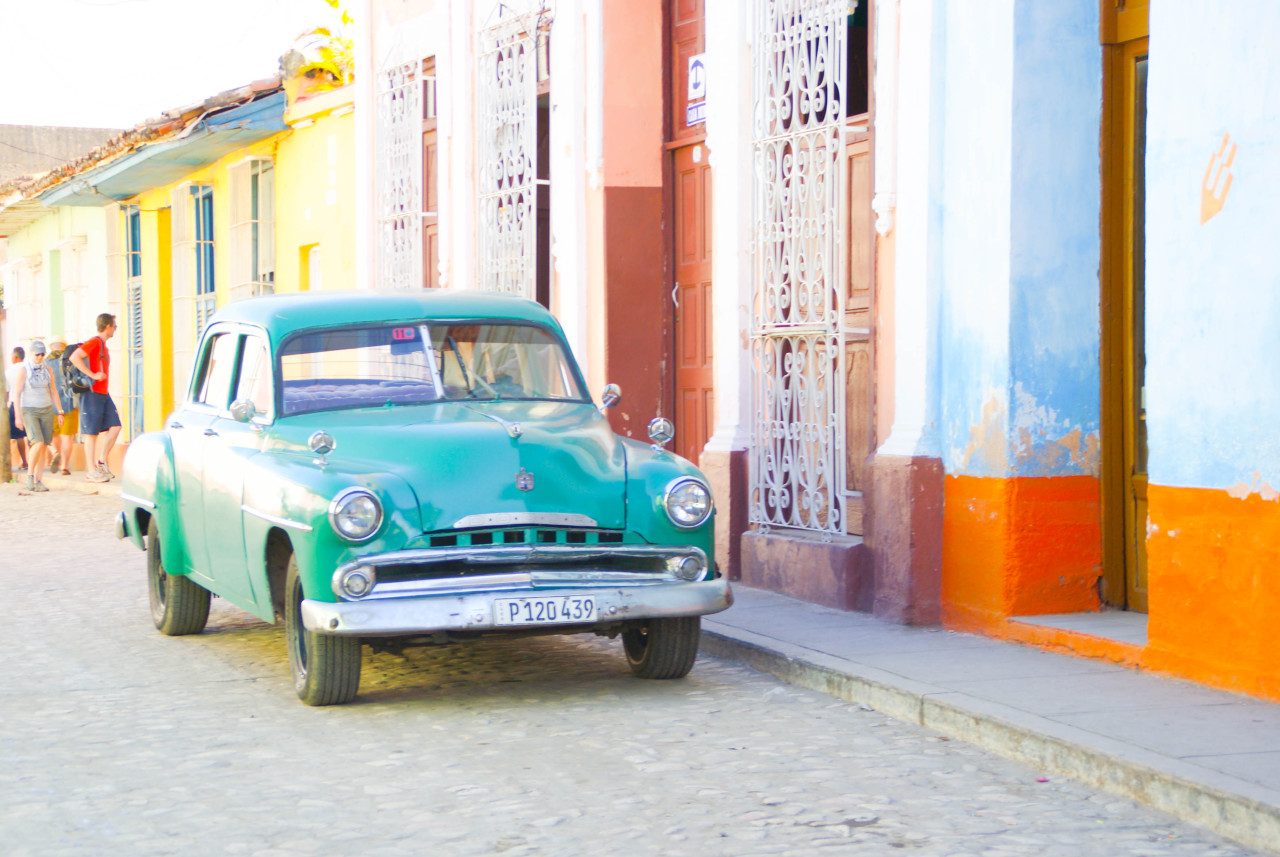
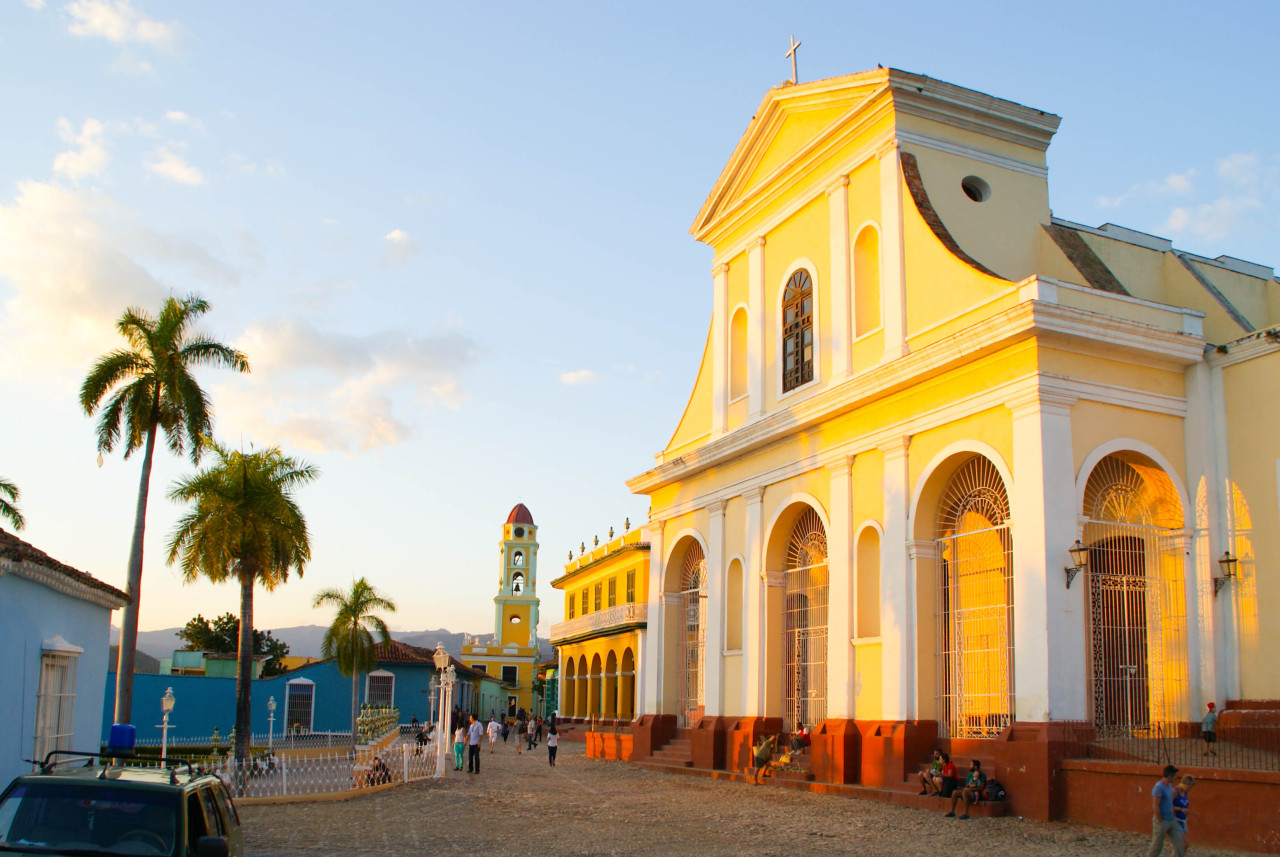
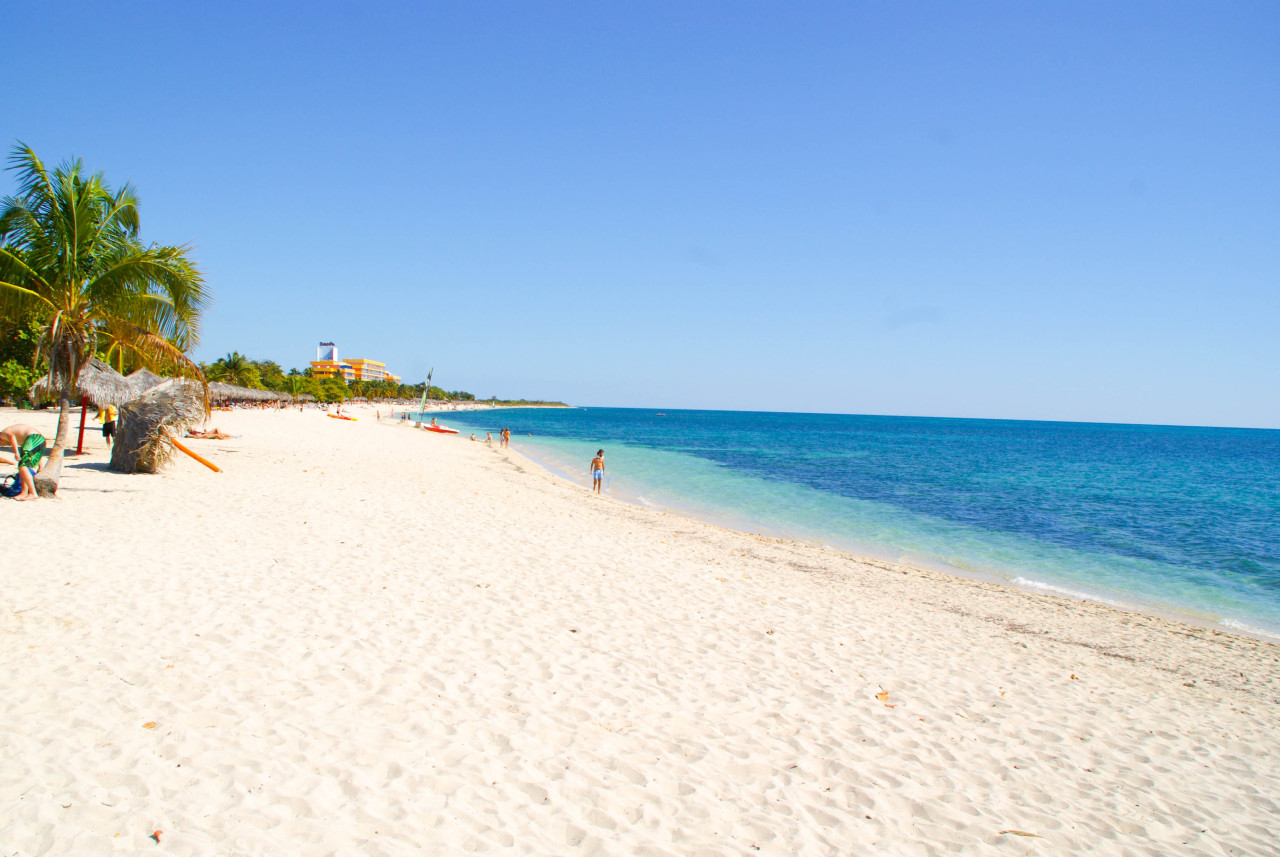
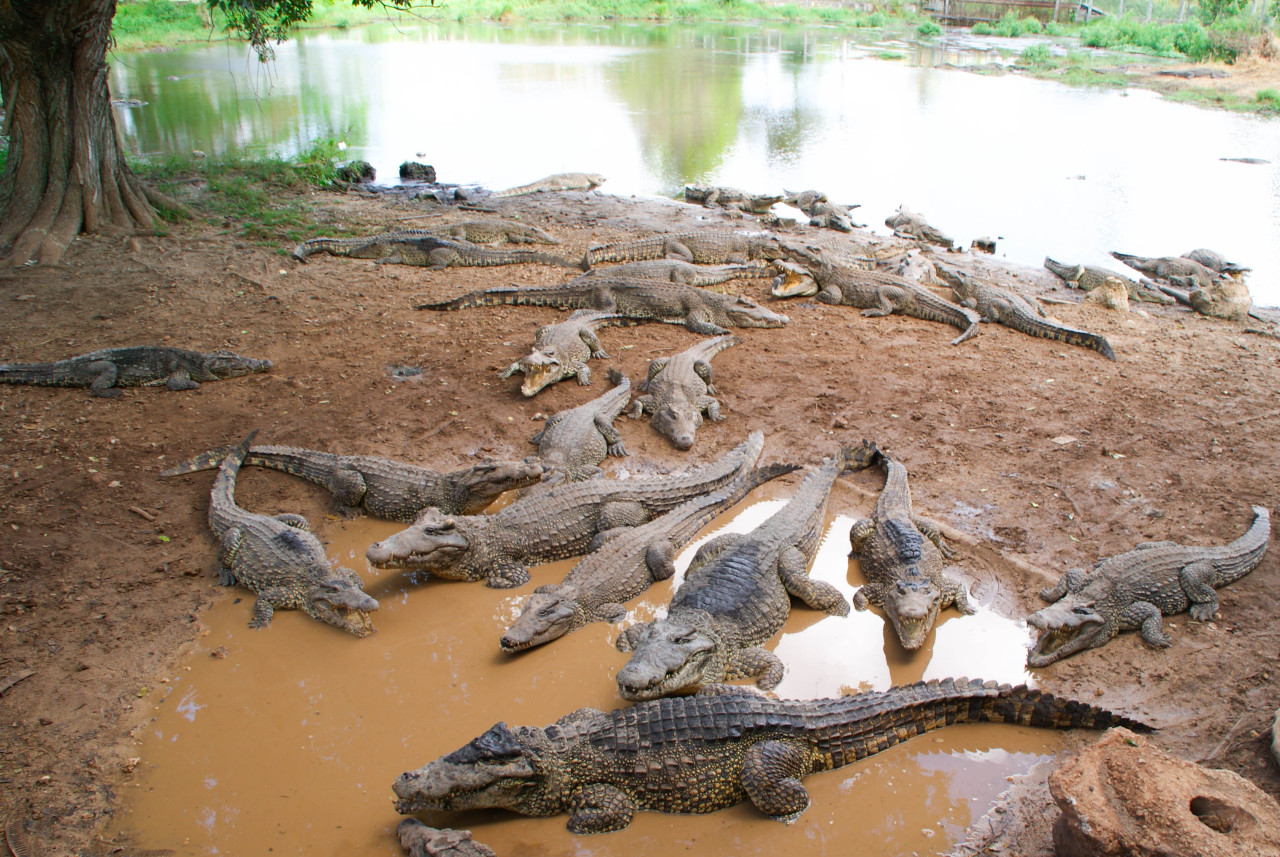

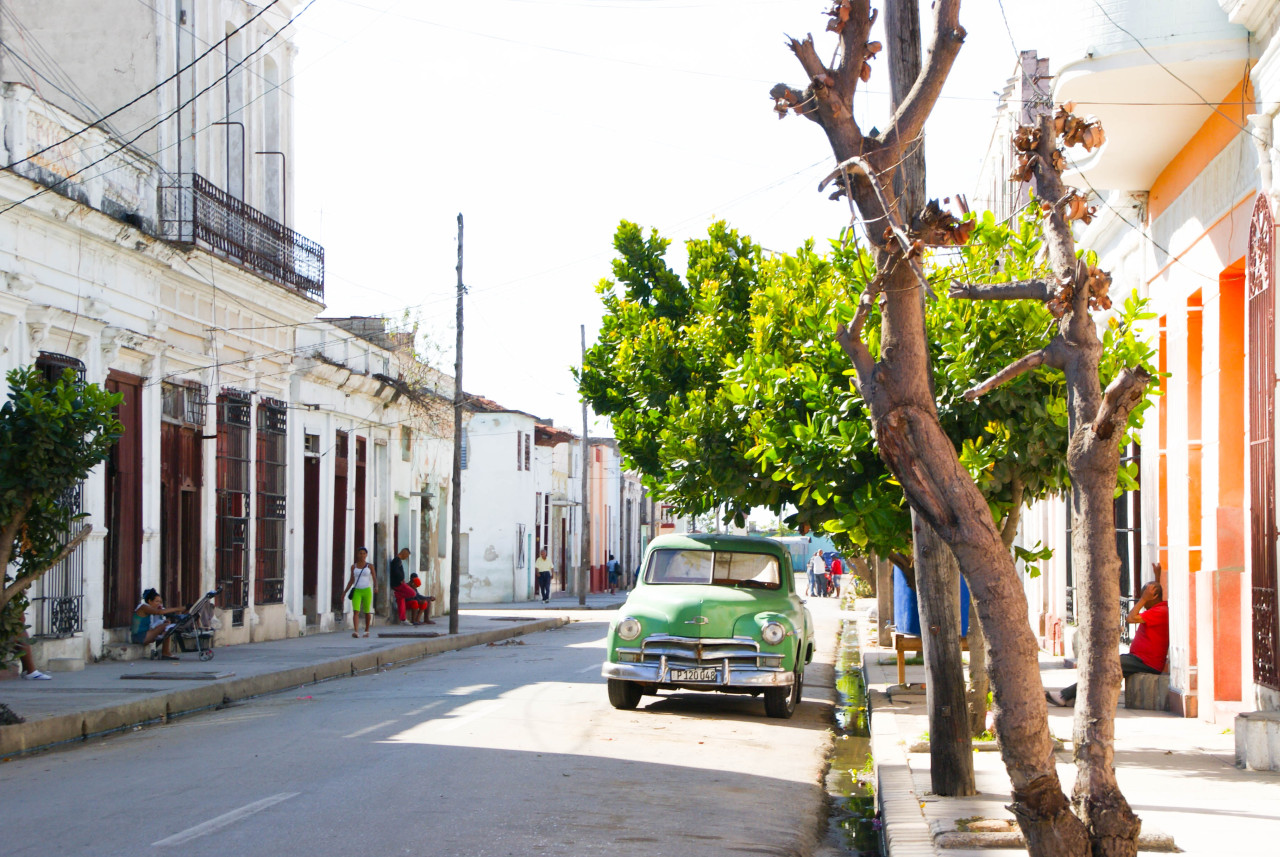
 Cuba is above all the place of latin music, preserved architecture and remnants of the glorious sixties. Deciding where to go on your trips is a challenge, you never quite know what to expect. Describing a place never lives up to the real experience and therefor I will just list the places I think you shouldn’t miss out on while you are in Cuba:
Cuba is above all the place of latin music, preserved architecture and remnants of the glorious sixties. Deciding where to go on your trips is a challenge, you never quite know what to expect. Describing a place never lives up to the real experience and therefor I will just list the places I think you shouldn’t miss out on while you are in Cuba:
– Havana, the streets of the swinging sixties (La Bodeguita for Cuban nightlife).
– Trinidad, the colorful city up the hill (La Botija for the best food in Cuba).
– Playa Ancon, the beach down south of that hill (There is a bus from Trinidad once every hour).
– El Nicho, the glorious waterfalls of the hills (Go for a swim in the fresh water pools, the best when it rains the days before).
– Cienfuegos, the artisan port (Palacio de Valle for drinks at sunset).
– Varadero, the paradise beaches for the Caribbean feeling (Iberostar Laguna Azul, the best but expensive Hotel).
– Criadero de Cocodrilos, the crocodile farm (a nice break on your long drive from Havana to Parque Nacional Cienaga de Zapata).
– Viñales, surrounded by the pitch perfect nature of Pinar del Rio (The Secrets of the Tobacco Tour).
But before you can enjoy your trip to Cuba you need to know a few things:
1. Do learn Spanish, if you really want to travel on your own (no guided tours or whatnot) you should know that very few people speak English. If you want getting around to be somewhat pleasant, you have to know basic Spanish.
2. Be sceptical, Cubans are tricky. Don’t believe everything they tell you and always remember that you get treated differently as a tourist.
3. Money, there are two currencies in Cuba. The CUC: the only currency you are allowed to pay with as a tourist and the Pesos: the currency just for Cubans. The prices for foreigners are ridiculously high. Don’t believe you can travel through Cuba on a budget. Don’t forget your Visa Creditcard, all other cards don’t work in Cuba. If you only have a Mastercard then, when you are lucky, you can withdraw at a bank-counter or even in a few hotels (e.g. Hotel Nacional de Cuba in Havana).
5. Hotels vs. Casa particular, hotels are expensive and the rooms and food are disappointing at best. From my experience a good casa (private homestays) is the better (and cheaper) alternative. I stayed in super clean rooms with private bathrooms but always remember to ask and look at the room before you rent it. You can find Casa particular’s in almost every street in Cuba. Their food is much better than any hotel, we have been, and the families where so nice and friendly. If you need anything (taxi, tours, travel-tips) they will help you out.
6. Renting a car, renting a car is expensive and risky, you have to choose your parking spaces wisely. As an alternative to car renting: taxis (even from one city to another) or busses (don’t forget to make a reservation).
7. Arrival and Departure, getting into Cuba can take a long time (prepare to stand in line for hours). When you leave the country don’t forget to bring the airport tax. It is 25,- CUC and can only be payed in Cuban cash.
8. Look at the weather forecasts. Cuba is a beautiful Caribbean Island but they have seasons as well. The weather in February was great but the nights got really cold.
9. Safety, Cuba is a pretty safe place. The Cubans aren’t dangerous, but still, you shouldn’t cary around expensive stuff, robbery is still common in Cuba.
10. No Wi-Fi, be prepared that you will have a hard time finding any (free) Wi-Fi in this country. Only very few hotels offer their guests internet.



